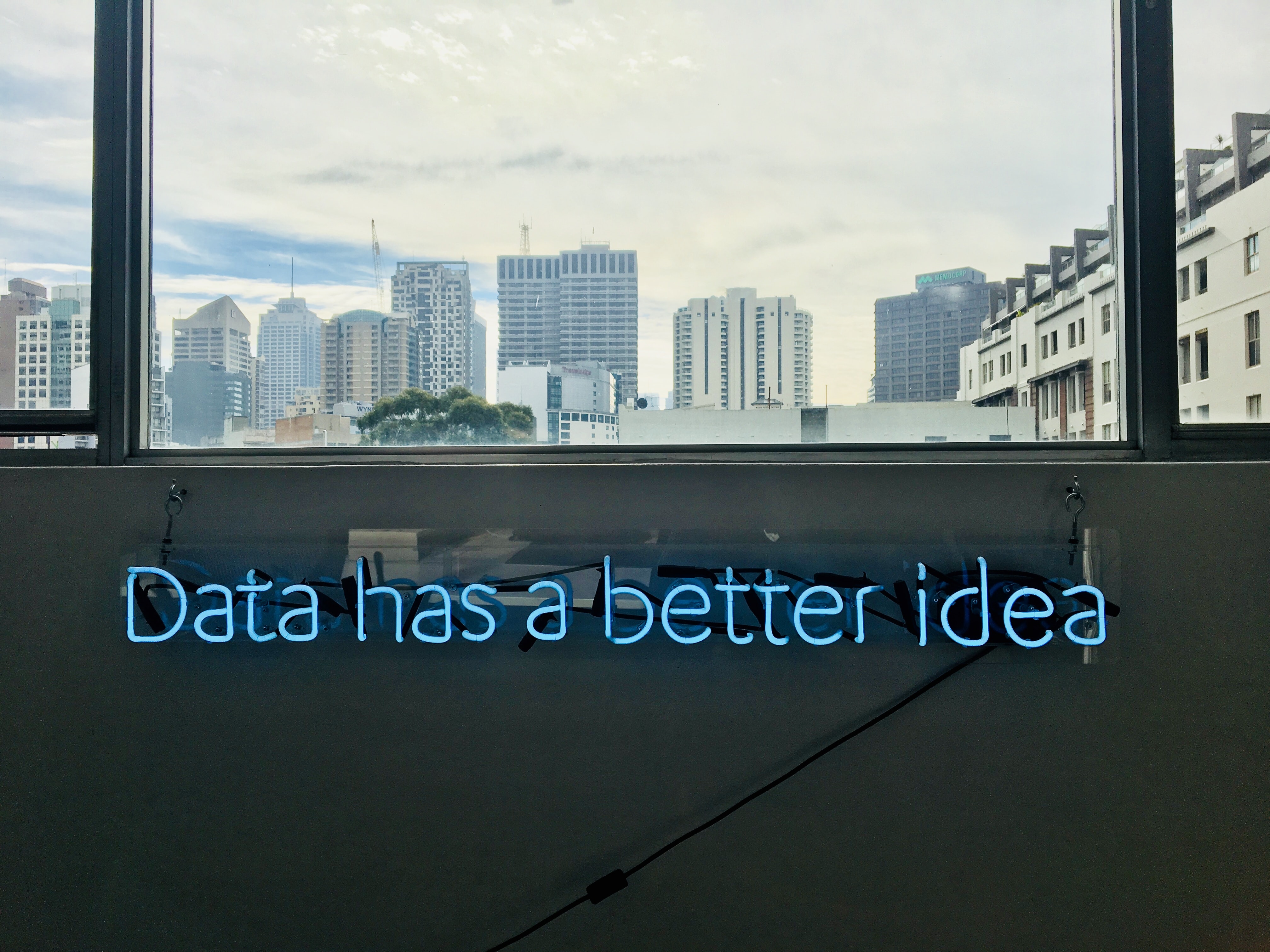As we all know, smart technologies can amplify operational performance in many areas of the business. This is particularly important in today’s digitally connected world, when businesses cannot afford to operate without real-time data at their disposal. Indeed, demand for real-time data visibility seems to have turned from an aspiration into a necessity as businesses are striving to work faster, smarter, and be more agile.
And the stakes are equally high — a strong operational performance unlocks other business opportunities and allows businesses to engage with customers in new ways, drive new revenue streams, and develop new products and services at the pace of the market.
To that end, they also need enterprise systems that can keep up with business needs. As these needs change and expand, the supporting technology has to keep up and set the business on a path to growth.
Enterprise Resource Planning (ERP) technology is ideally suited for the demands of the business of tomorrow. It plays a pivotal role in increasing visibility across the organization to help teams gear up and prepare for future growth. So let’s examine why investing in an ERP system is now an imperative and the opportunities you can see in your business.
Image credit: Unsplash.
What Is ERP Technology?
ERP stands for Enterprise Resource Planning and it is a business process management software. It integrates and manages the financials supply chain, operations, reporting, manufacturing, and human resources activities of a company. While most companies use a sort of finance and operational system, such solutions cannot surpass business as usual processes and prepare the business for future growth.
Without an ERP system in place, the adjacent technology that makes up the accounting, finance, or HR functions cannot work together towards a unifying whole. ERP software brings together each operational process to help organizations:
- Enhance collaboration
- Enable a fluid workflow
- Make informed, data-driven decisions
- Drive business productivity
Naturally, an ERP system cannot cater to all areas of the business, as each organization works differently. However, the technology is getting more and more proficient and stays true to its promise to bring business processes together.
The ERP Upside
Adopting an ERP system allows you to get a comprehensive view of your operations and optimize according to market and environmental changes. Let’s explore the benefits in more detail:
- Real-time visibility into your financial performance. Get dashboards of your finances so that you know where you stand at any point in time. An ERP will also automate daily tasks and put compliance provisions in place to cut down on manual updates.
- Simplify employee management tasks. Payroll, hiring, and other duties have never been easier. With an ERP, you can also track employee performance and identify issues before they turn into real problems.
- Timely data into manufacturing operations. This makes production planning and project and cost management so much better. Plus you can enhance business communications, automate daily operations, and manage resources according to real-time data.
- Automate supply chain processes. Forget adding information by hand. With an ERP system, you can easily monitor inventory and use dashboards and business intelligence to manage inventory more easily.
Image credit: Unsplash.
ERP: The State of the Market
The global Enterprise Resource Planning market is on an ascending trajectory, expected to grow at a compound annual growth rate (CAGR) of 5.6% between 2021 and 2026. In 2020, the market is valued at USD 43440 Million and is expected to reach USD 60230 Million by 2026.
According to a survey issued by Finances Online, the top reasons behind the ERP adoption are the following:
- Enhanced business performance — 17% among respondents
- More productivity for employees — 14% among respondents
- Better compliance considerations — 14% among respondents
- Integrated systems — 13% among respondents
- Replacement of legacy systems — 9% among respondents
Trends that Are Driving ERP Adoption
|
📈 Greater need for operational efficiency and transparency |
📈 Increased adoption of cloud and mobile applications |
|
📈 Demand for instant access to information — any time, anywhere |
📈 Growing demand for ERP solutions among small and mid-sized businesses |
How Do You Know If an ERP Is for You?
In spite of the business advantages and promising market trends, many businesses don’t know if an ERP is the right investment for their business. If you find yourself in any of these scenarios, then it might be high time to invest in an ERP system.
|
🛑 You cannot establish a global presence |
🛑 You cannot deliver on your customers’ expectations |
🛑 You lack a unified view of your operations |
|
Your current software capabilities are putting the breaks on your market expansion. |
Your staff and customers need mobile capabilities to operate at the pace of the business. If you cannot deliver, you’ll lose them to the competition. |
You invested in many software tools but all of them work separately. If the tools are incompatible, you are wasting time coordinating and keeping them up-to-date. |
5 Business Advantages of ERP Adoption
1. Profitability
With an ERP system, it’s so much easier to keep customers happy and exceed expectations with competitive pricing and operational efficiency. It’s so much easier to bring innovative products to market and keep up with customer demands. If you keep customers happy, research shows that you will bring in 5.7% times more revenue.
2. Lower Operational Costs
An ERP solution allows you to cut costs in IT hardware and labor. You also get additional transparency across your organization, which leads to lower costs throughout your profit centers.
3. Better Reputation
If you work with smart technologies, you will ultimately be perceived better by customers and investors. An ERP system provides quick access to financial metrics and reports so that you have the added transparency and reliability to respond to any inquiries.
4. UNLOCK NEW BUSINESS VALUE
Once you work with an intelligent cloud solution, you are one step away from unlocking innovation and speed to value with new technologies such as artificial intelligence, blockchain, or the Internet of Things (IoT). These new products can help you increase market share and establish a loyal customer base through additional revenue streams.
5. BECOME A DIGITAL-NATIVE ENTERPRISE
Using an ERP solution is the first step towards becoming a digital-native business. It’s a small step, but this is where the future is heading. Fostering a digital ecosystem within the business can help you drive new revenue streams by using the data you already have in the business to create new products or services.
Image credit: Unsplash.
Finding Your ERP Fit
Microsoft’s Dynamics 365 is among the top ERP systems on the market. It helps you turn data into proactive insights so that you can make informed decisions across the business. In turn, this drives business results and helps your employees be more productive and focus on more value-added tasks.
With Microsoft, you can glean important insights into your business operations in order to act strategically and be successful.
An ERP tool demands many things from your entire organization, so you need to make sure your investment is worth your while. You could be at the beginning of your ERP journey or you might already have one in place but not driving enough value from it. Contact us today and let us maximize your ERP investment.




